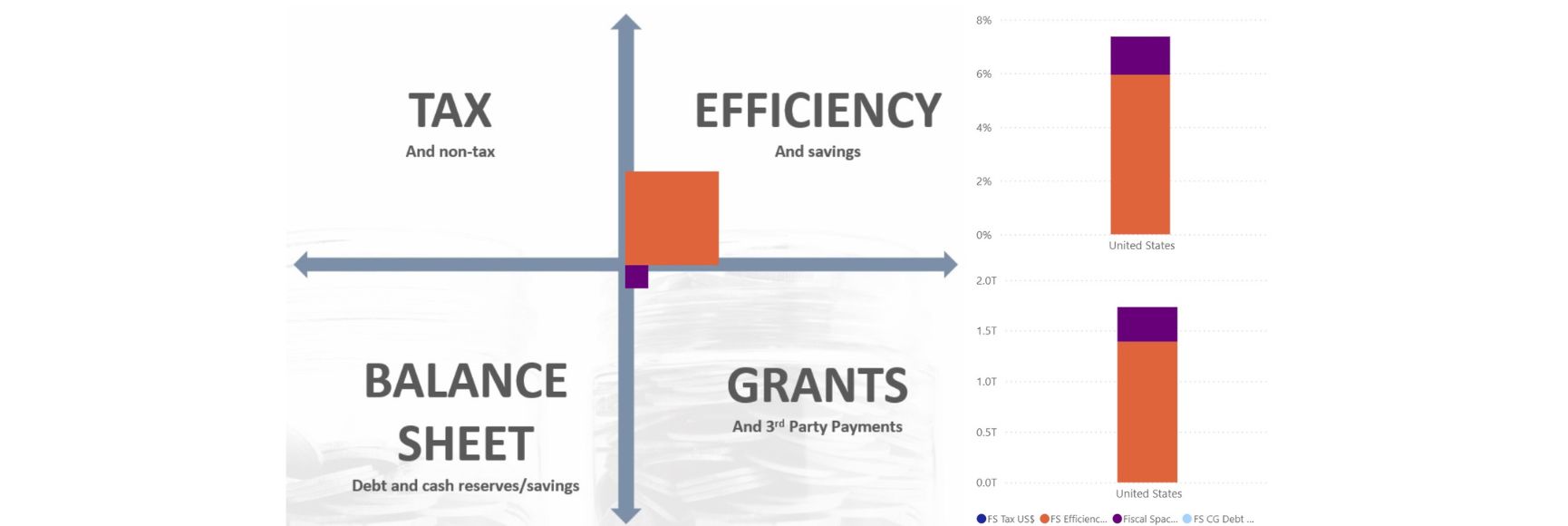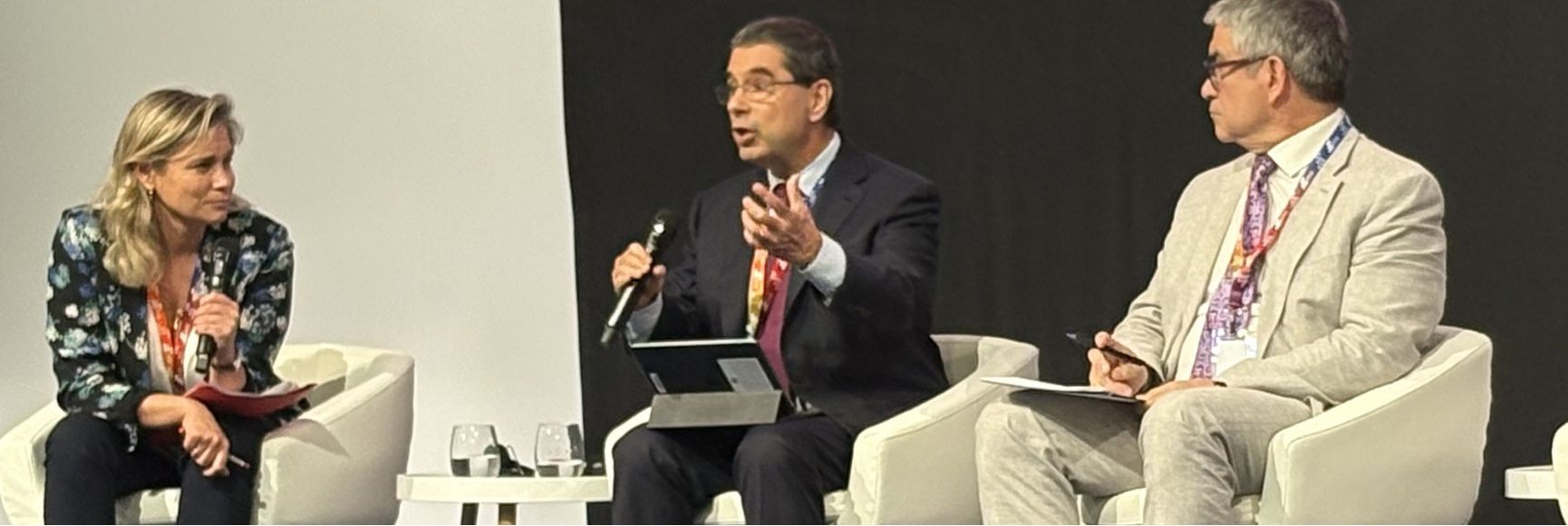Partnership between the IMF and the Center of Excellence in Finance, Slovenia
Posted by Eivind Tandberg
Over the last 2 – 3 years, the IMF has expanded its fruitful partnership with the Center of Excellence in Finance (CEF) in Ljubljana, Slovenia. An IMF public financial management advisor was posted at the CEF in 2005, and a government finance statistics advisor from late 2007. The IMF advisors greatly benefit from using the CEF’s network of experts and training professionals, facilities, conference and meeting venues. Furthermore, findings from advisors’ missions help identify needs for additional training courses at the CEF. The advisors collaborate closely with the CEF in formulating training programs and contribute as lecturers and coordinators to several CEF courses.
The Center of Excellence in Finance is a regional center, established in 2001 on the initiative of the Slovene Ministry of Finance. The initiative was promoted within the SEE Stability Pact and received a positive response from finance ministers and central bank governors in the region. The IMF has been an active supporter of the CEF since its inception. The CEF basic mission is to assist its members (Albania, Bosnia and Herzegovina, Bulgaria, Croatia, Macedonia, Moldova, Montenegro, Romania, Slovenia, Serbia and Kosovo) in reforming their public finance systems by providing tailor-made training, as well as acting as a meeting point for the exchange of experience, knowledge and opinions. In addition, the CEF is now playing an important role as the secretariat for the Public Expenditure Management-Peer Assisted Learning (PEM PAL) Network.
The IMF PFM advisor joined the CEF in September 2005. The IMF advisor CEF support has focused on
- technical assistance missions
- providing focused technical PFM advice
- assisting the CEF member countries in defining PFM reform priorities
- carrying out regional and cross-country analytical and research activities, and
- help build capacity by recruiting experts from some CEF member countries to work in other countries
The initial two year budget was financed by the governments of Italy, Norway, Slovenia, Sweden, and by the CEF, while the third year of the project has been made possible thanks to the support of Italy and Slovenia.
Since its inception, the CEF has also promoted sound practices in the compilation of macroeconomic statistics. Thanks to the financing from the Italian Treasury, this effort in government finance statistics will now be supported by an IMF GFS advisor (Vincent Marie, formerly from the IMF Statistics Department). In particular, ongoing improvements in public accounting in many of the SEE countries will necessitate reviewing the procedures for producing the statistics and should also afford an opportunity to revisit several outstanding issues such as the coverage of government and classification.
The main challenge for the SEE countries is to move further towards international standards and good practices in public financial management and government finance statistics. In spite of significant improvements over the last 15 years, the pace of reforms is still uneven and further work needs to be undertaken in many areas.
The IMF partnership with the CEF on technical assistance and training activities, combined with missions from HQ to provide specific strategic advice at countries’ request, has been a cost-effective approach to delivering some technical assistance, and has also helped enhance some aspects of regional donor coordination.





